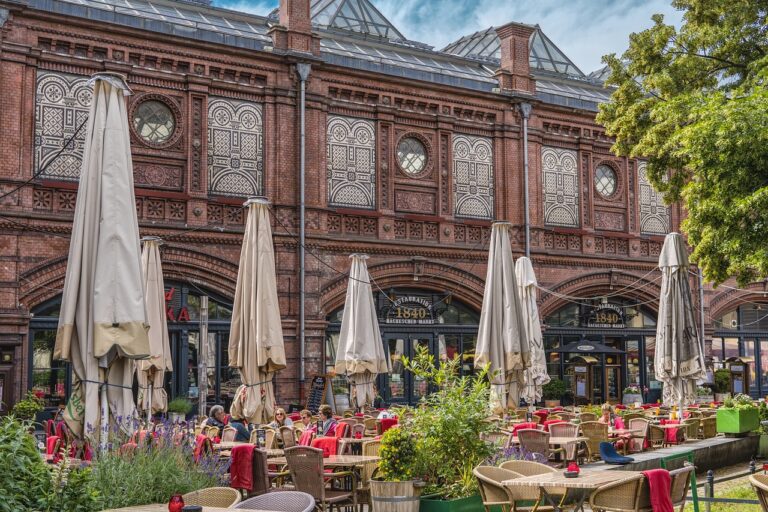10 Sustainable Fashion Brands You Need to Know About
In the realm of sustainable fashion, Everlane stands out as a pioneer in transparency and ethical practices. This brand is committed to sharing the true cost of each of their products, shedding light on the production process and pricing breakdown. By prioritizing ethical factories and eco-friendly materials, Everlane continues to set a high standard for accountability and sustainability in the industry.
Another brand making waves in the sustainable fashion scene is Reformation. Not only does Reformation focus on creating chic and trendy pieces, but they also place a strong emphasis on reducing their environmental footprint. From using deadstock fabrics to implementing water-saving practices in their production, Reformation is dedicated to creating fashion without sacrificing our planet’s well-being. Their commitment to sustainability is not only evident in their products but also in their mission to inspire change within the fashion industry.
Eco-Friendly Clothing Brands Making a Difference
In a global push towards sustainability in the fashion industry, eco-friendly clothing brands have emerged as key players in making a positive impact. By prioritizing eco-conscious materials and ethical production practices, these brands are setting a new standard for the future of fashion. From using organic fabrics to promoting fair labor conditions, they are proving that style and sustainability can go hand in hand.
One notable example is a brand that specializes in upcycling pre-loved garments into trendy new pieces. By repurposing old clothing items and reducing waste, they are not only reducing their environmental footprint but also creating unique and stylish pieces for their customers. This innovative approach to sustainable fashion is gaining attention and inspiring other brands to rethink their production methods for the betterment of the planet.
Ethical Fashion Labels Leading the Way
When it comes to ethical fashion labels, there are key players in the industry who are setting a high standard for sustainability and ensuring transparency in their production processes. These labels prioritize fair wages for workers, utilize eco-friendly materials, and implement environmentally conscious practices to reduce their carbon footprint.
By embracing a holistically ethical approach to fashion, these labels are not only reshaping the industry but also inspiring other brands to follow suit. Consumers are becoming more conscious of the impact of their purchases, and ethical fashion labels are leading the way in advocating for responsible and sustainable practices throughout the entire supply chain.
• Ethical fashion labels prioritize fair wages for workers
• They utilize eco-friendly materials in their production processes
• These labels implement environmentally conscious practices to reduce their carbon footprint
• By embracing a holistically ethical approach, they are reshaping the industry
• Consumers are becoming more conscious of the impact of their purchases
What sets ethical fashion labels apart from traditional fashion brands?
Ethical fashion labels prioritize sustainability, fair labor practices, and transparency in their supply chains, setting them apart from traditional fashion brands that may prioritize profit over ethical considerations.
How can consumers support ethical fashion labels?
Consumers can support ethical fashion labels by choosing to purchase clothing from brands that prioritize sustainable and ethical practices, and by educating themselves on the importance of ethical fashion.
Are ethical fashion labels more expensive than traditional fashion brands?
While some ethical fashion labels may have higher price points due to the costs associated with sustainable and fair production practices, there are also affordable options available for consumers looking to support ethical fashion.
How can I identify if a fashion brand is truly ethical?
Look for certifications such as Fair Trade or Global Organic Textile Standard (GOTS), research the brand’s sustainability initiatives and transparency reports, and consider the brand’s overall commitment to ethical practices in their production processes.
Are there any upcoming trends in the ethical fashion industry?
Some upcoming trends in the ethical fashion industry include the rise of circular fashion, increased focus on animal welfare in clothing production, and the use of innovative sustainable materials such as recycled fabrics and plant-based fibers.







